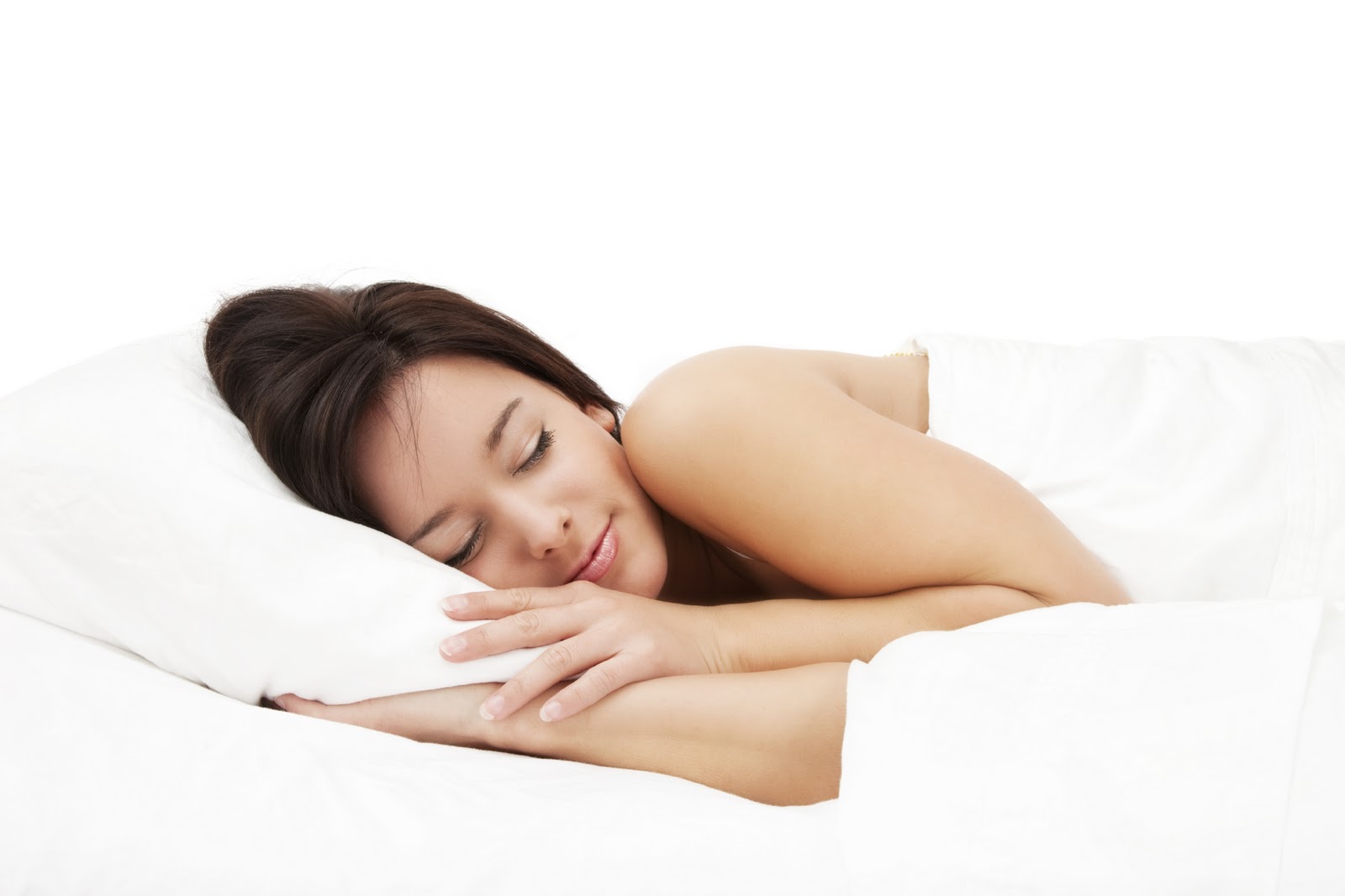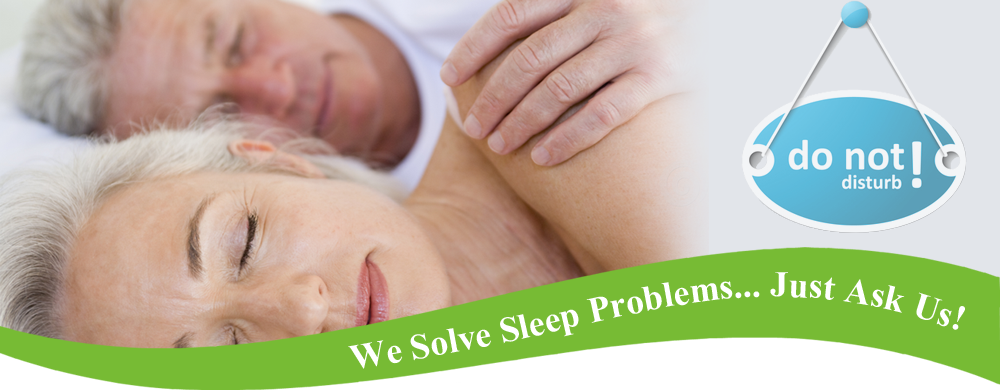When Should You Consult With A Sleep Study Specialist ?
Sleep is not any simple procedure. Rather, this is a kind of active state that is necessary for both mental and physical restoration. Some kind of sleeping and waking disorders can harm the personal health as well as their quality of the life and endanger the public safety by contributing to the industrial and traffic accidents. Besides, these also include the problems like staying or falling asleep, sleepwalking, problems related to stay awake or adhere to the continuous schedule of sleep or wake, nightmares, bed wetting or any other problems, which can interfere with the sleep. Some kinds of sleep disorders are possibly fatal.

It is necessary to consult with the sleep specialist or with the sleep study specialist in case the sleep disorder is really ruining your daily life. There are a number of accredited sleep disorder centres available that can really assist you. These people conduct the sleep study or the polysomnogram is a type of recording, which contains different types of measurements that are used to categorize different types of sleep problems and various sleep stages. This is a completely new experience and the patients are taught about the process when they arrive at these clinics.
As we all know that the brain controls as well as influences the sleep and its different stages like drowsiness, light sleep, deep sleep and dream sleep. A good sleep study specialist is capable of telling in which sleeping state the person is in by checking various activities of the body and the brain. Some of the common activities that are considered include: eye movements, brain waves, heart rate, respiration and the muscle tone.
During the test, you will have to reach to the sleep laboratory within 6.30 to 8.30 pm. Then you will be asked to go to sleep at your regular bedtime in the private sleep room. The sleep study specialists mainly conduct the overnight sleep testing or the polysomnogram where electrodes are used to record the eye movements, brain activity and the muscle activity. Besides, some additional sensors are positioned across the chest, nose and the abdomen in order to record the patterns of the brain. After completing both the sleep and the test, the patients can leave the laboratory around 6am to 8 am in the morning.
In case you are suffering from the problem of excessive daytime sleepiness, then you have to go through the multiple sleep latency test or the MSLT on the next day of conducting the overnight polysomnogram. In this procedure, you will be provided 5 scopes to take nap throughout the day at the 2 hours intervals when the electrical activity is documented from the areas like eyes, brain or the muscles of chins. During this time, you need to fall asleep during the measure of each nap. Besides, this test can also offer an objective measurement of the daytime sleepiness. As a whole, both of these tests will help you to get complete details about the most common sleep patterns and the sleep problems.







